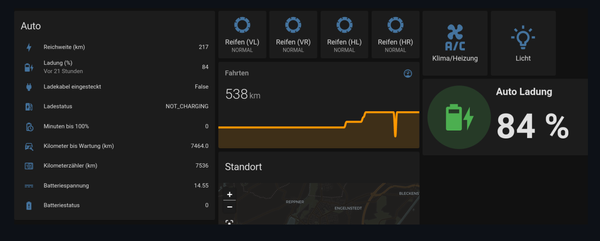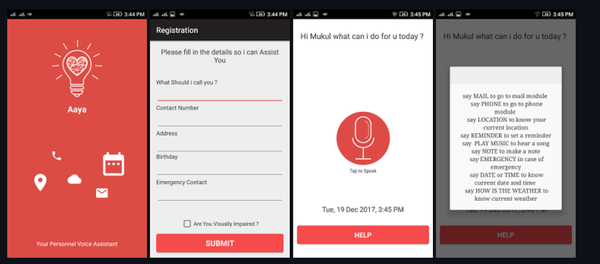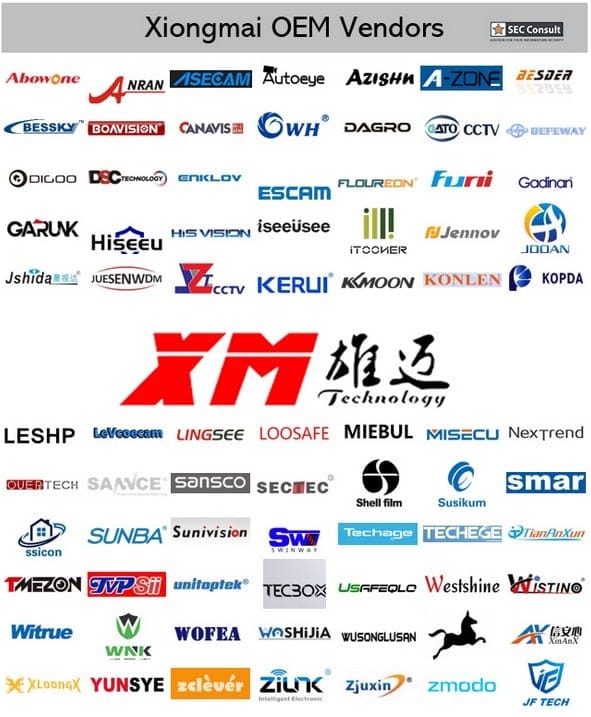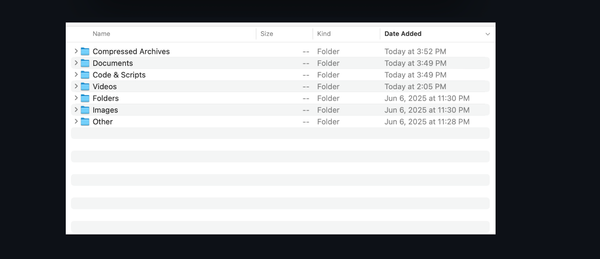7 Critical Error Codes You Can’t Ignore – How to Fix Your Car Without Guessing!
Table of Content
1. "7 Critical Error Codes You Can’t Ignore – How to Fix Your Car Without Guessing!"
You’ve seen it: the dreaded “Check Engine” light flickers on your dashboard.
You sigh, tap the steering wheel, and think: “Maybe it’s nothing… I’ll just drive it.”
But here’s the truth: ignoring error codes is like ignoring a fever in your body.
The car isn’t just “telling” you something — it’s screaming for help.
And if you don’t understand what those codes mean, you’re risking engine damage, costly repairs, and even dangerous breakdowns.
Let’s break down the top 7 most common OBD2 error codes (P0171, P0300, P0420, etc.) with real-life examples — and show how a professional Oto Arıza Tespit Cihazı can save you time, money, and stress.
🔥 1. P0171 – System Too Lean (Bank 1)
What it means: The engine is getting too much air and not enough fuel.
Real-life example: Your car feels sluggish, especially at high speeds. Fuel economy drops sharply.
Common causes:
- Clogged or dirty air filter
- Vacuum leak (cracked hose)
- Faulty mass airflow sensor (MAF)
- Low fuel pressure
💡 Why a good arıza tespit cihazı helps: It doesn’t just show the code — it shows live data like MAF readings, oxygen levels, and fuel trims. You’ll instantly see if the air-fuel ratio is off and fix the root cause before engine damage occurs.
✅ Savings: A $50 air filter change instead of a $2,000 engine rebuild.
🔥 2. P0300 – Random/Multiple Cylinder Misfire
What it means: Several cylinders aren’t firing properly.
Real-life example: Car jerks, stutters, or stalls at idle. You feel vibrations in the steering wheel.
Common causes:
- Worn spark plugs
- Bad ignition coils
- Fuel injector issues
- Vacuum leaks
💡 Why a good cihaz helps: Advanced models show which cylinder(s) are misfiring — not just “misfire detected.” This eliminates guesswork. Replace only the faulty coil, not all of them.
✅ Savings: $80 for one coil vs. $400+ for replacing all.
🔥 3. P0420 – Catalyst Efficiency Below Threshold (Bank 1)
What it means: The catalytic converter isn’t cleaning exhaust gases efficiently.
Real-life example: Your car fails emissions tests. Smell of sulfur or rotten eggs from the exhaust.
Common causes:
- Old or damaged catalytic converter
- Rich fuel mixture (from P0171)
- Leaking exhaust manifold
- Pre-catalyst damage
💡 Why a cihaz helps: It shows real-time oxygen sensor readings before and after the cat. If the difference is small, you know it’s failing — but you can still delay replacement until it’s truly needed.
✅ Savings: Avoid a $1,500 catalytic converter replacement by catching it early.
🔥 4. P0102 – Mass Air Flow Sensor Circuit Low Input
What it means: The MAF sensor is sending weak signals to the ECU.
Real-life example: Poor acceleration, rough idling, sudden power loss.
Common causes:
- Dirty or damaged MAF sensor
- Air leak before the MAF
- Wiring damage
💡 Why a cihaz helps: It displays actual MAF values in grams/second. Compare live data to factory specs. If it reads 0.5g/s when driving at 60 km/h, that’s a red flag.
✅ Savings: Clean the sensor ($20) instead of buying a new one ($200).
🔥 5. P0128 – Coolant Temperature Below Thermostat Regulating Temperature
What it means: The engine isn’t reaching operating temperature quickly.
Real-life example: Heater blows cold air. Long warm-up times. Increased fuel consumption.
Common causes:
- Faulty thermostat
- Low coolant level
- Coolant leak
- Broken temperature sensor
💡 Why a cihaz helps: It monitors real-time coolant temperature and compares it to expected values. You’ll know exactly if it’s the thermostat, sensor, or a leak.
✅ Savings: Replace a $25 thermostat instead of risking a blown head gasket.
🔥 6. P0174 – System Too Lean (Bank 2)
What it means: Similar to P0171, but affects the second bank of cylinders (in V6/V8 engines).
Real-life example: Same symptoms as P0171 — poor performance, bad fuel economy.
Common causes:
- Air leak on Bank 2 side
- Clogged intake on that side
- Faulty MAF or oxygen sensor
💡 Why a cihaz helps: High-end devices let you isolate which bank is having issues. No more swapping parts blindly.
✅ Savings: Fix one vacuum hose instead of replacing both banks’ sensors.
🔥 7. P0440 – Evaporative Emission Control System Malfunction
What it means: Fuel vapor is leaking from the fuel tank system.
Real-life example: Check Engine light comes on. You might smell fuel near the filler cap.
Common causes:
- Loose or cracked gas cap
- Cracked fuel line
- Failed purge valve
- Leak in EVAP system
💡 Why a cihaz helps: Some advanced tools can run an EVAP leak test and pinpoint where the leak is — even if it’s hidden under the car.
✅ Savings: Tighten the gas cap ($0) or replace a $40 valve — instead of failing an emission test.
🎯 The Big Picture: Why a Good Oto Arıza Tespit Cihazı Is a Game-Changer
| Problem | Without a Cihaz | With a Cihaz |
|---|---|---|
| Unknown error | Guessing → wrong repair → waste | Instant diagnosis → correct fix |
| Time spent | Days at mechanic | 5 minutes at home |
| Cost | $1,000+ in unnecessary repairs | $100–$300 total |
| Stress | Anxiety, fear of breakdown | Peace of mind |
💬 Bottom Line: You’re not just fixing a car — you’re becoming its first-line doctor.
✅ Final Tip: Don’t Wait Until It’s Too Late!
The moment your check engine light turns on:
- Plug in your Oto Arıza Tespit Cihazı
- Read the code
- Use live data to confirm the issue
- Fix it fast — before it becomes a major problem
🚀 Upgrade your toolkit today.
Because the best mechanic isn’t always in the garage — sometimes, it’s in your hands.
👉 Get the right device. Understand your car. Drive with confidence.






